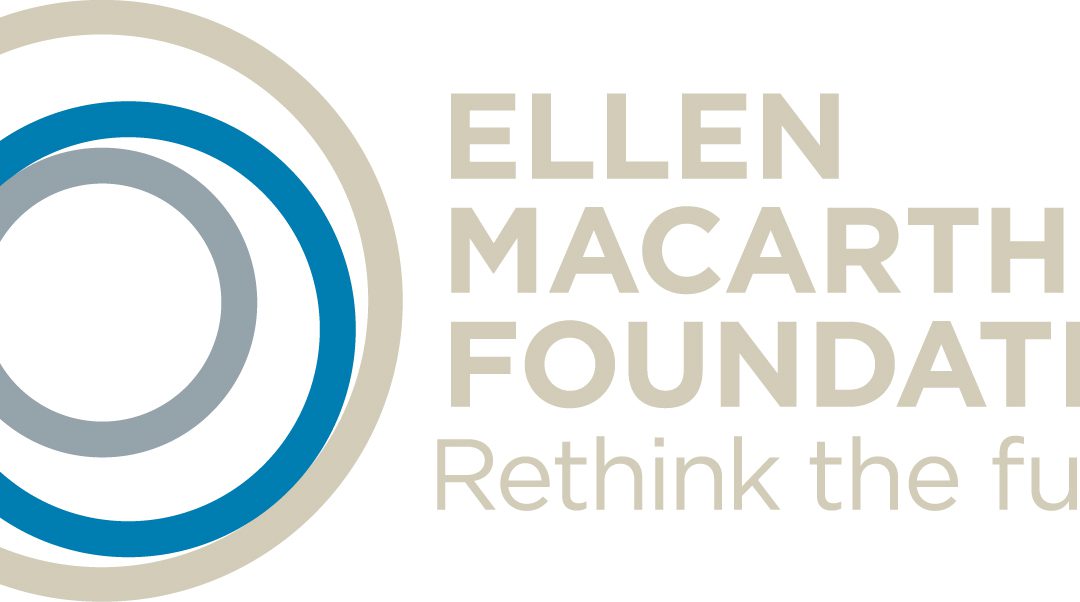The Ellen MacArthur Foundation was established in 2010 with the aim of accelerating the transition to the circular economy. Since its creation the charity has emerged as a global thought leader, establishing circular economy on the agenda of decision makers across business, government and academia.
Today’s linear ‘take, make, dispose’ economic model relies on large quantities of cheap, easily accessible materials and energy, and is a model that is reaching its physical limits. A circular economy is an attractive and viable alternative that businesses have already started exploring today.
The concept of a circular economy
A circular economy is restorative and regenerative by design, and aims to keep products, components, and materials at their highest utility and value at all times. The concept distinguishes between technical and biological cycles.
As envisioned by the originators, a circular economy is a continuous positive development cycle that preserves and enhances natural capital, optimises resource yields, and minimises system risks by managing finite stocks and renewable flows. It works effectively at every scale.
Re-thinking Progress: The Circular Economy
There’s a world of opportunity to re-think and re-design the way we make stuff. ‘Re-Thinking Progress’ explores how through a change in perspective we can re-design the way our economy works – designing products that can be ‘made to be made again’ and powering the system with renewable energy. It questions whether with creativity and innovation we can build a restorative economy.
This information comes from the website of The Ellen MacArthur Foundation.
